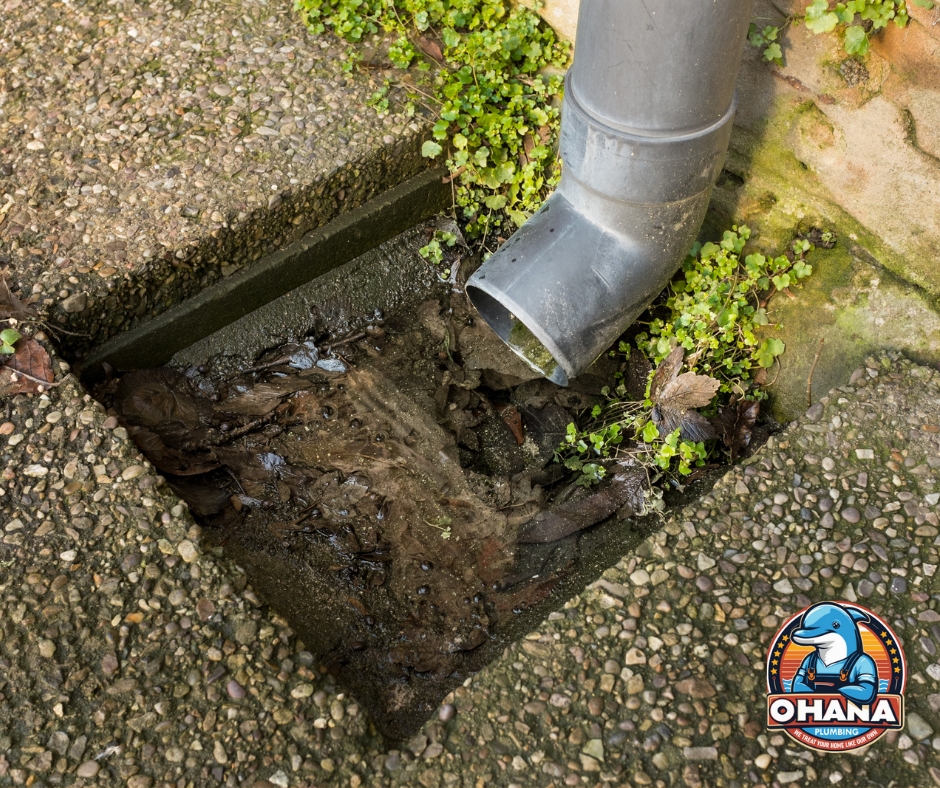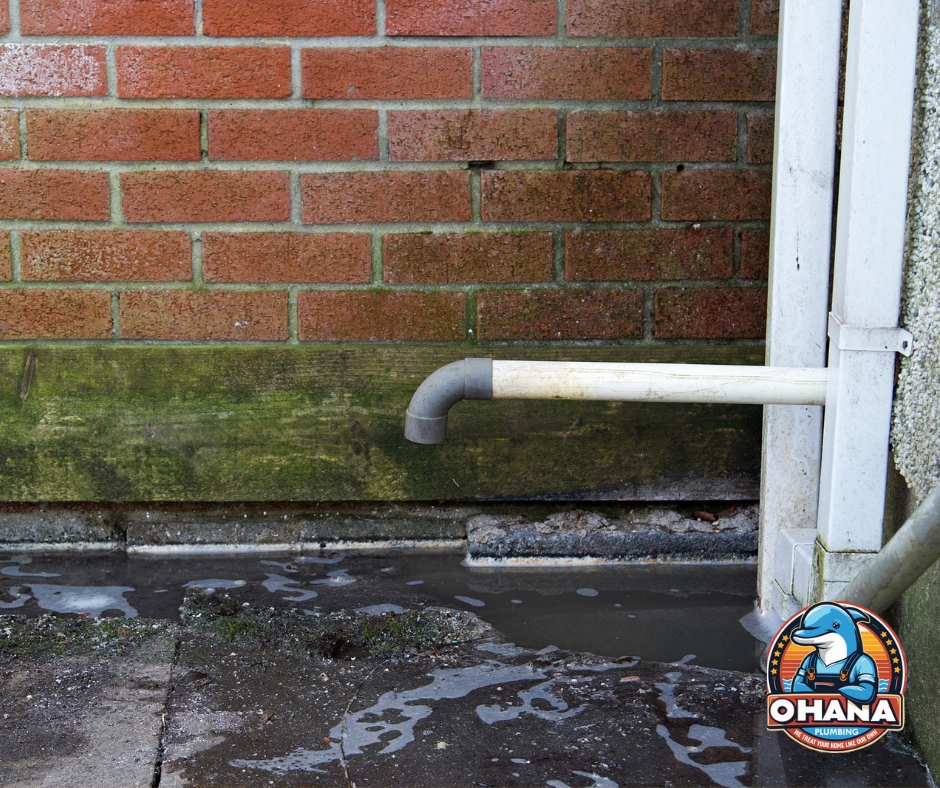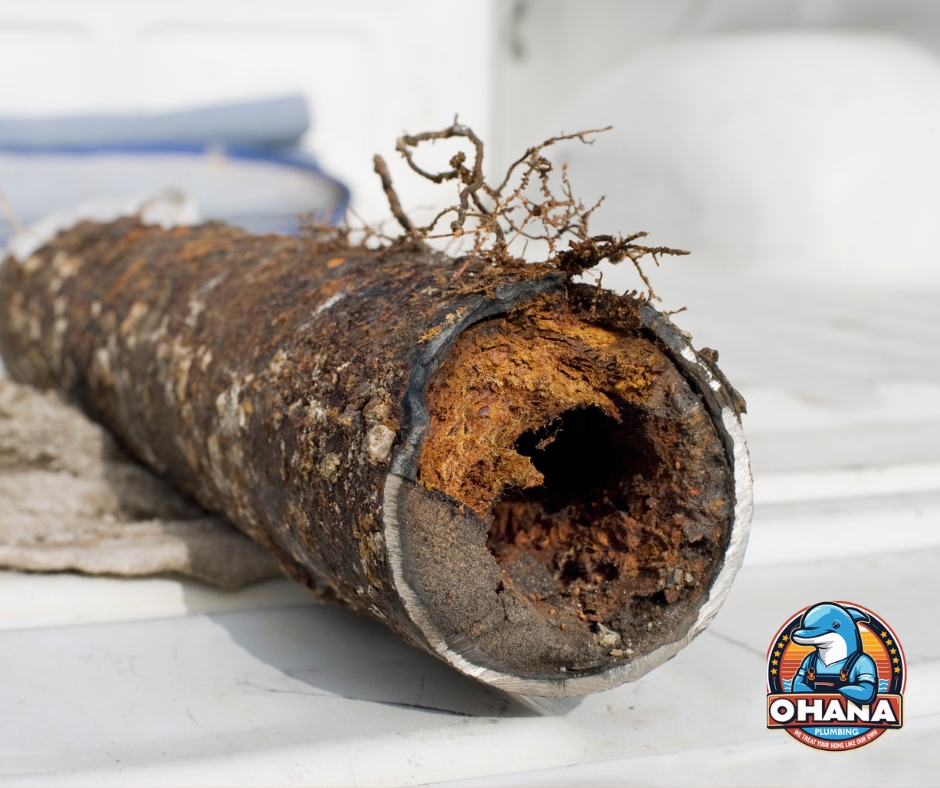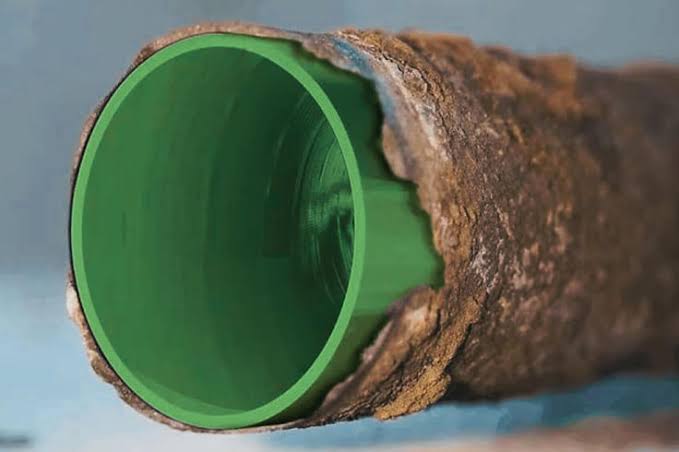At Ohana Plumbing, we believe in educating our clients so that you can make informed decisions about your home’s plumbing. Blocked drains are one of the most common issues that homeowners face. While these blockages can be frustrating, messy, and inconvenient, understanding the root causes and potential solutions can help you manage them effectively or know when it’s time to call in the professionals. Let’s walk through some of the key things you need to know about blocked drains and what you can do about them.
Common Causes of Blocked Drains
Blocked drains don’t happen out of nowhere—there are usually clear culprits that cause the problem. Some of the most common reasons for a blockage include:
- Hair and Grease Build-Up: Hair falling into shower drains or grease going down kitchen sinks are leading causes of blockages. While they may seem harmless at first, over time, they combine with soap scum or other debris, leading to significant clogs.
- Foreign Objects: Items like sanitary products, excess toilet paper, baby wipes, or even food scraps can create serious blockages. Drains aren’t designed to handle these materials, and once they’re lodged in the pipes, it can be difficult for water to flow properly.
- Tree Roots: Believe it or not, tree roots are one of the main causes of serious drain blockages. Roots naturally grow toward water sources, and if they find a crack or weak point in your underground pipes, they can infiltrate and cause substantial blockages.
- Improper Installation: Sometimes, poor installation practices, such as incorrect pipe sizing or improper drainage slopes, can lead to recurring blockages. This happens when waste can’t flow efficiently, leaving it to build up and clog the system.
Signs You Might Have a Blocked Drain
Early detection is key when it comes to blocked drains. Some warning signs include:
- Foul Odors: If you notice a strong, unpleasant smell coming from your drains, it could be due to trapped food or waste that isn’t properly flowing through your pipes.
- Slow Draining: Water that takes too long to drain, whether from your sink, bathtub, or toilet, is often an early indicator of a blockage.
- Gurgling Noises: Strange gurgling or bubbling sounds coming from your drains might suggest a blockage that’s interfering with water flow.
- Toilet Water Level Issues: If you notice water rising higher than usual after flushing, it could indicate a blockage further down in your pipes.
DIY Solutions for Blocked Drains
At Ohana Plumbing, we always recommend calling a licensed professional to handle blocked drains, especially for more serious cases. However, if you’re dealing with a minor clog and want to try fixing it yourself, there are a few methods you can attempt.
- Hot Water and Detergent: Pouring hot (but not boiling) water down the drain along with a teaspoon of dish detergent can help dissolve grease or fat-based blockages. It may take a few tries, but this method is effective for smaller clogs.
- Baking Soda and Vinegar: This natural remedy can help dislodge minor blockages. Pour about ½ cup of baking soda followed by 1 cup of vinegar into the affected drain. Cover the drain to allow the bubbling reaction to break down the blockage. After about 10-15 minutes, flush it out with more hot water.
- The Plunger: The classic plunger is a go-to tool for unblocking drains. If you decide to use it, make sure to block off any secondary drain openings to increase the pressure on the clogged area. Give it several good plunges before giving up—this method can often push the blockage through.
- The U-Bend Trap: If your kitchen sink is the problem, sometimes the blockage is stuck in the U-bend right below the sink. Placing a bucket underneath, unscrewing the connections, and cleaning out any debris can often resolve the issue quickly.
When to Call a Professional
While some blockages can be tackled with DIY methods, more severe cases require professional attention. If the blockage persists, or if you suspect deeper issues such as tree root intrusion or faulty pipe installation, it’s best to call in a plumber. At Ohana Plumbing, we have the tools and experience to tackle even the toughest drain blockages, using methods like jet blast or CCTV drain cameras to diagnose and fix the problem efficiently.
How to Prevent Future Blockages
At Ohana, we believe prevention is always better than cure. To minimize the chances of future blockages:
- Install Drain Screens: Use drain covers in your shower, bathtub, and kitchen to catch hair, food, and debris before it goes down the pipes.
- Dispose of Grease Properly: Never pour cooking oils or fats down the sink. Instead, let them cool and dispose of them in the trash.
- Be Mindful of What You Flush: Only flush toilet paper and human waste. Products like wipes, tampons, and sanitary pads should always go in the bin.
- Regular Maintenance: Regularly having your drains checked by a professional plumber can help identify issues before they become major problems. This is especially important for older homes or properties surrounded by trees.
The Ohana Plumbing Difference
At Ohana Plumbing, we don’t just fix your blocked drains—we educate you on how to avoid future issues and maintain the health of your home’s plumbing system. Our transparent, family-focused approach means you’ll always know exactly what’s happening with your plumbing, and we’ll work with you to ensure your home remains blockage-free for the long term.
If you’re experiencing a blocked drain, don’t hesitate to give us a call. We’re here to help with expert advice, fast service, and solutions that last.
At Ohana Plumbing, knowledge is power, and we’re here to empower you with all the plumbing know-how you need! Stay informed and keep your drains flowing smoothly.









